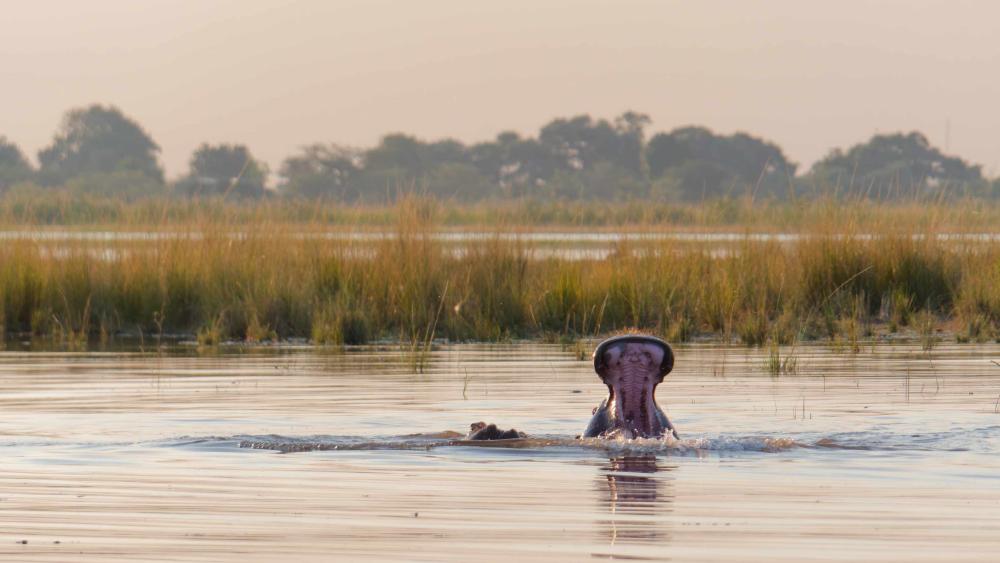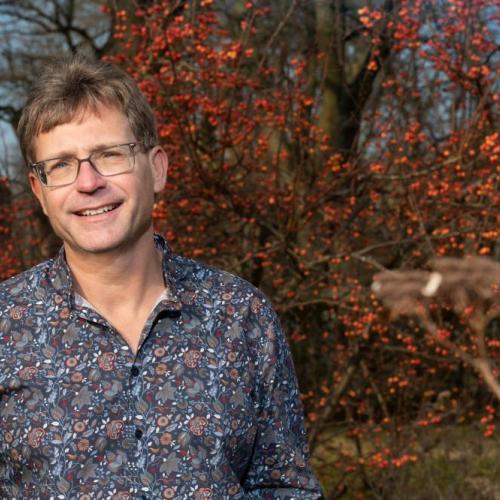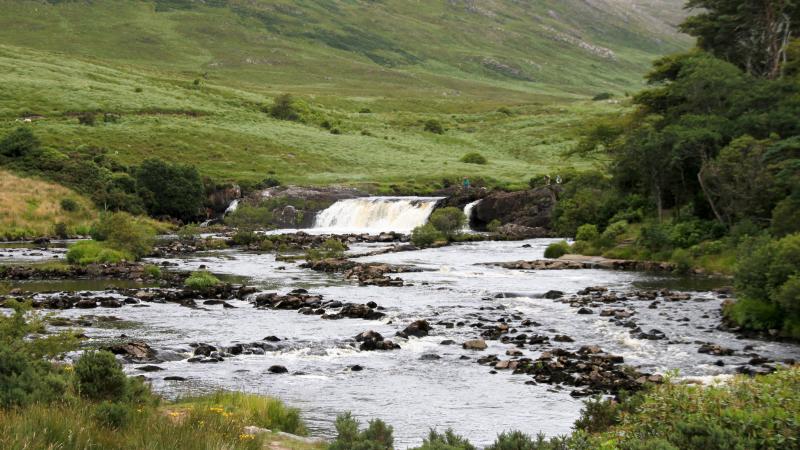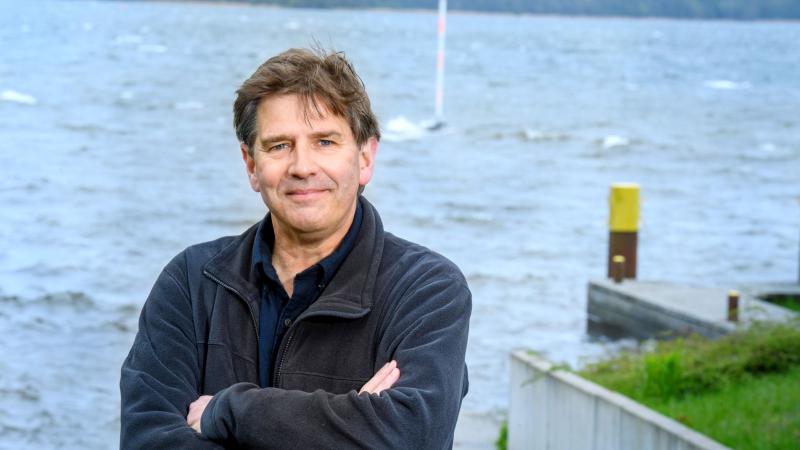
Example photo of a lake in Botswana. | Photo: shutterstock, ID: 2338710703
The study, published in Nature Reviews Earth & Environment, shows that, of the approximately 2,500 lakes that had been scientifically investigated by 2020, around 50 per cent were located in North America, 21 per cent in Asia, and 16 per cent in Europe. In contrast, lakes in Africa, South America and Oceania have been much less researched.
Since the 1980s, the number of scientific publications on lake research has increased 74-fold, reflecting society's growing interest in the status of freshwater ecosystems. Lakes are essential for our drinking water supplies. Despite covering only around two per cent of the Earth's surface, they store around 90 percent of the freshwater reserves available on the Earth's surface and supply over a third of the world's population with drinking water.
Studies lakes are not necessarily representative
However, these studied lakes are not necessarily representative of the global average values of important influencing variables, such as surface area, depth, latitude and temperature. “The concentration of research on certain regions could lead to a distorted representation of global lake characteristics, with small, shallow lakes in particular being underrepresented”, said Dr Thomas Mehner, IGB researcher and one of the study's authors.
Economically strong countries are more likely to respond to socially relevant research issues
Economic factors contribute to this knowledge imbalance. The study shows that a country's expenditure on lake research only increases continuously from a per capita GDP of around USD 200, but then decreases beyond around USD 40,700. Furthermore, current environmental pressures such as cyanobacterial blooms and new chemical stressors influence research priorities in economically prosperous countries more than in less prosperous countries, where research tends to focus on traditional water research topics. The study's model projections indicate that the imbalance will not decrease significantly by 2050 unless targeted science policy measures are taken.
Policy should create incentives, but researchers can also make a personal contribution
In order to reduce the knowledge imbalance, the researchers also emphasise the importance of capacity building and mentoring programmes for scientists from underrepresented regions. This could help to make global lake research more balanced and representative.
As a researcher, Thomas Mehner tries to make his own contribution by taking a closer look at the numerous unsolicited applications he receives from candidates. 'Answering all incoming enquiries about possible positions for doctoral students or early career researchers from countries in the Global South can be very time-consuming, as I often receive several messages per week. Developing a research programme for grant applications, writing letters of support and offering advice on alternatives after rejections have become a significant part of my activities. I am, of course, particularly pleased when a scholarship application is approved. Working with young researchers from the Global South is very fulfilling because they are incredibly motivated and curious, and work hard to organise their stay as efficiently as possible. However, remote mentoring can also be useful for researchers without grants to stay at IGB, as they are grateful for advice on research proposals and manuscripts. A mentoring programme, such as that offered by the International Society of Limnology (SIL), provides a good foundation for this. At the end of my scientific career, I would like to support these researchers by giving something back, because I initially benefited greatly from mentoring by experienced researchers myself. I also hope to make a small contribution to reducing the global imbalance in aquatic research described in the article.






